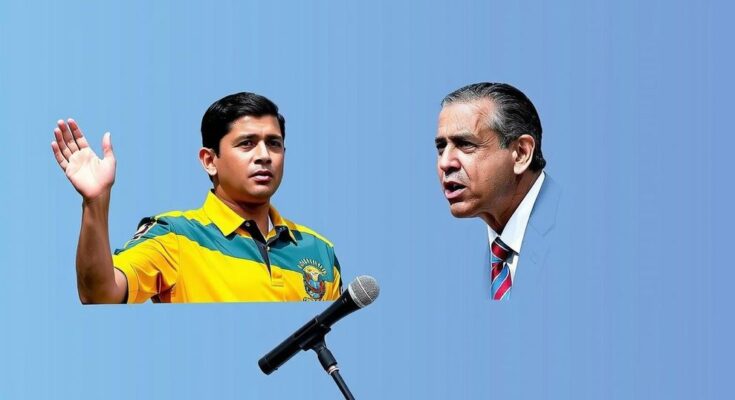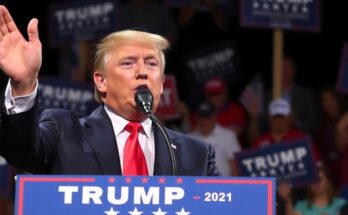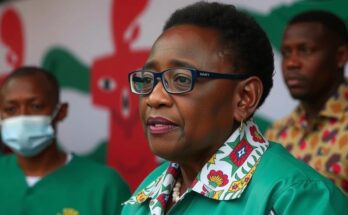The U.S. imposed sanctions on 21 of Maduro’s allies for repression following July’s disputed elections. Key figures sanctioned include corrections and intelligence officials. The Biden administration recognized opposition leader Edmundo González as president-elect amid ongoing debates regarding the legitimacy of elections and sanctions.
The United States has heightened its sanctions against the Venezuelan government by targeting 21 additional officials linked to President Nicolás Maduro. These sanctions arise from accusations that these individuals engaged in repressing dissent following the contentious presidential election in July. Noteworthy figures impacted by these sanctions include the head of Venezuela’s corrections agency and the director of an intelligence service. The Biden administration recently recognized Edmundo González, an opposition candidate, as the legitimate president of Venezuela, further complicating the political landscape in the nation.
Despite President Maduro’s claims of electoral victory, his administration has not disclosed any vote counts to substantiate this assertion. Following an arrest warrant related to allegations of vote tally manipulation, Mr. González has sought asylum in Spain. In an earlier initiative, the U.S. imposed similar sanctions on 16 of Maduro’s associates, accusing them of human rights violations and election interference. While these sanctions are intended to hold accountable those repressing the Venezuelan public, the enforcement of these measures remains uncertain, given that many loyalists to Maduro retain considerable power within the Venezuelan government. Further complicating matters, Venezuelan lawmakers are currently deliberating on legislation that would classify economic sanctions against the country as crimes against humanity.
The current political scenario in Venezuela is characterized by the alleged suppression of dissent following the disputed presidential elections. The U.S. has taken a clear stance against the Maduro administration, citing widespread human rights abuses and election manipulation. The geopolitical implications of these sanctions extend beyond Venezuela, affecting international relations and the fate of opposition figures. The recent recognition of Edmundo González by the Biden administration signifies U.S. support for alternative governance in Venezuela. Additionally, the ongoing legislative efforts in Venezuela reveal the complex dynamics between government actions and international scrutiny regarding human rights.
In summary, the U.S. has intensified its efforts against the Maduro regime through targeted sanctions aimed at officials accused of repression post-election. The situation in Venezuela remains fraught with challenges as the Biden administration supports opposition voices while confronting a resilient authoritarian government. The effectiveness of these sanctions is yet to be determined, and the ongoing discussions in Venezuela regarding economic sanctions could shape future interactions with the international community.
Original Source: abcnews.go.com




